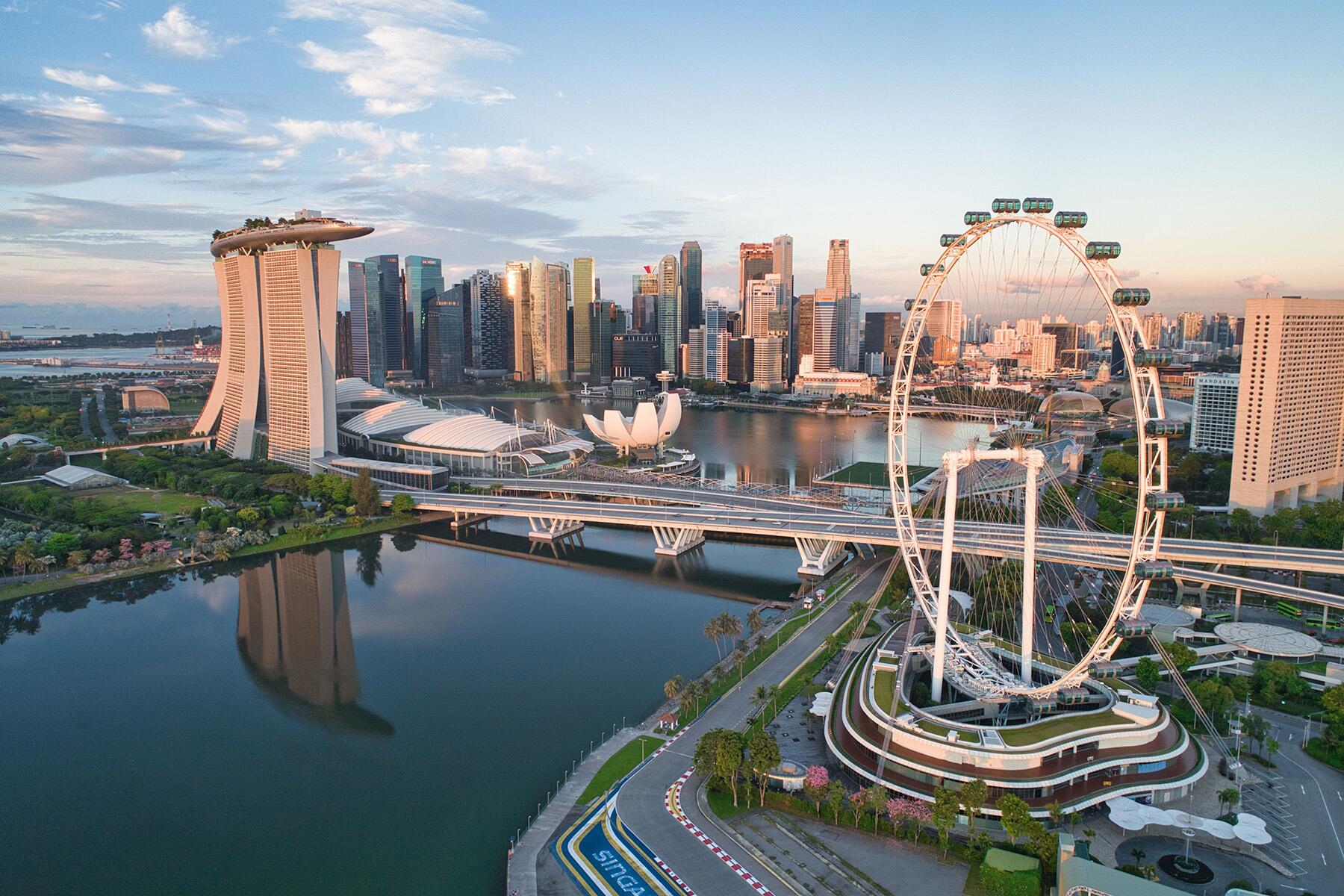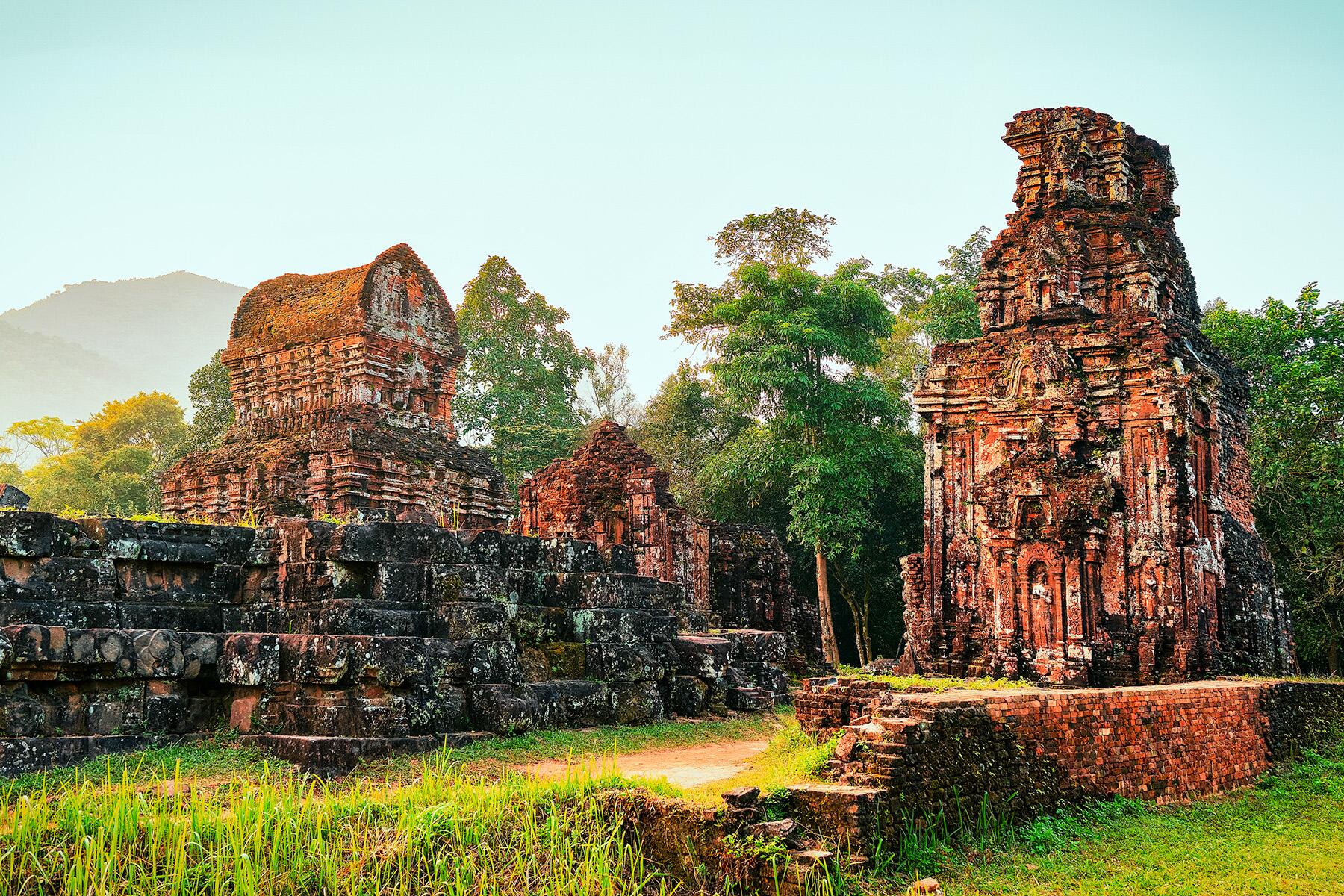The “safety guarantee” against COVID-19 was supposed to make tourists feel safe.
As destinations scramble to reopen to tourists, Uzbekistan has become the first to provide a monetary guarantee. Announced in May, the incentive stipulates that if you contract COVID-19 during a trip to the Central Asian tourist hub, you’ll receive $3,000 in compensation. This amount is considered equitable to the cost of medical care in an Uzbek hospital.
It seems like a great offer, right? A chance to travel without the fear of infection or the risk of colossal medical bills. Yet, since announcing the incentive, Uzbekistan’s COVID-19 figures have risen dramatically and their lockdown restrictions have been extended. Did Uzbekistan, and similar tourism hot spots, act too quickly in their efforts to bring back tourism trade?
In launching the “Uzbekistan: Safe Travel Guaranteed” campaign, the country hopes to incentivize travelers to return without fear of infection. Sophie Ibbotson, UK Tourism Ambassador to Uzbekistan, gave assurances to travelers.
“The government is so confident that the new safety and hygiene measures being implemented across the tourism sector will protect tourists from COVID-19, that the President is prepared to put money where his mouth is.”
Recommended Fodor’s Video
Did Uzbekistan, and similar tourism hot spots, act too quickly in their efforts to bring back tourism trade?
As of June 1, Uzbekistan has welcomed visitors from “low-risk” countries. Thus far, these include China, Japan, Israel, and South Korea. Travelers from the European Union are permitted entry but are required to spend their first 14 days in quarantine. The U.S. is currently barred, as is any other country considered not to be maintaining a “stable sanitary and epidemiological situation.” Visitors are required to travel with an approved tour provider in order to qualify for this guarantee.
With a population of 33 million, the country has suffered only 136 deaths from the virus. However, when the campaign was introduced, there were only nine recorded deaths. During this period the number of active cases in the country has more than tripled, with heights of 700 new cases per day, comparable to growth rates in Spain or the UK.
As of June 30, new lockdown restrictions were extended in Uzbekistan to include forced curfews in higher-risk regions. Markets and large shopping malls have also been shut down during weekends, in an effort to limit the spread.
These restrictions have since been extended until August 15, prohibiting groups of larger than three from gathering in public places and enforcing strict isolation rules for elderly and vulnerable citizens.

Tourism in Uzbekistan has been growing rapidly in recent years. International visitor numbers more than doubled from 2017-2019, with 6.7 million visiting last year. Having made such impressive progress in growing tourism figures in recent years, it is unsurprising that its reintroduction is being made a priority.
Many countries have also been offering dramatic incentives to visitors, hoping to save some of the summer tourism income. Italy is paying 50% of the cost of flights for travelers headed to Sicily, visitors to Mexico will have the cost of hotels and car rentals subsidized in Cancun, and Cyprus will cover the vacation costs of any visitor that contracts COVID-19 on the island.
Yet, some destinations have already started to receive backlash as they reopen with similar offers.
Another advertising campaign attracted heat in the U.S., with Asheville, NC, encouraging tourists to visit just as public health advisers warned that cases were “rising at an alarming rate.”
In the month after reopening their Florida locations, Disney has had to enforce new rules to ensure that guests wear sufficient face coverings. With more than 8,000 Floridians killed by COVID-19 so far, the ambivalent approaches to safety measures taken by guests could prove a step backward for the businesses attempting to attract tourists over the summer period.
Europe has fallen foul of the same schemes. Most notably, the U.K. and Germany have recently rescinded their offers of reciprocal air bridges with Spain as cases spike in major cities, including Barcelona and Zaragoza.
Italy is paying 50% of the cost of flights for travelers headed to Sicily, visitors to Mexico will have the cost of hotels and car rentals subsidized in Cancun, and Cyprus will cover the vacation costs of any visitor that contracts COVID-19 on the island.
These signs have deterred other vacation hot spots, including the Indonesian island of Bali, where locals have criticized their government for rushing into reopening too quickly. Local tourism expert I Ketut Ardana warned that “the impact could be severe for Bali,” an island highly dependent on tourism income, as they make plans to open to international visitors in September.
The recent restrictions placed upon travelers from the U.S. prove that there is still international uneasiness about reintroducing global travel. Despite being some of the highest spending travelers globally, U.S. travelers remain barred for non-essential travel from in 30 countries as cases continue to rise across the country.
While Uzbekistan’s numbers may be relatively low, the trend could prove a threat in many other reopening countries. The glaring juxtaposition of rising cases and loosening restrictions speaks to a wider rush to rescue some of the desperately needed income from tourism.
The Uzbek government has not yet announced any change to the campaign.



